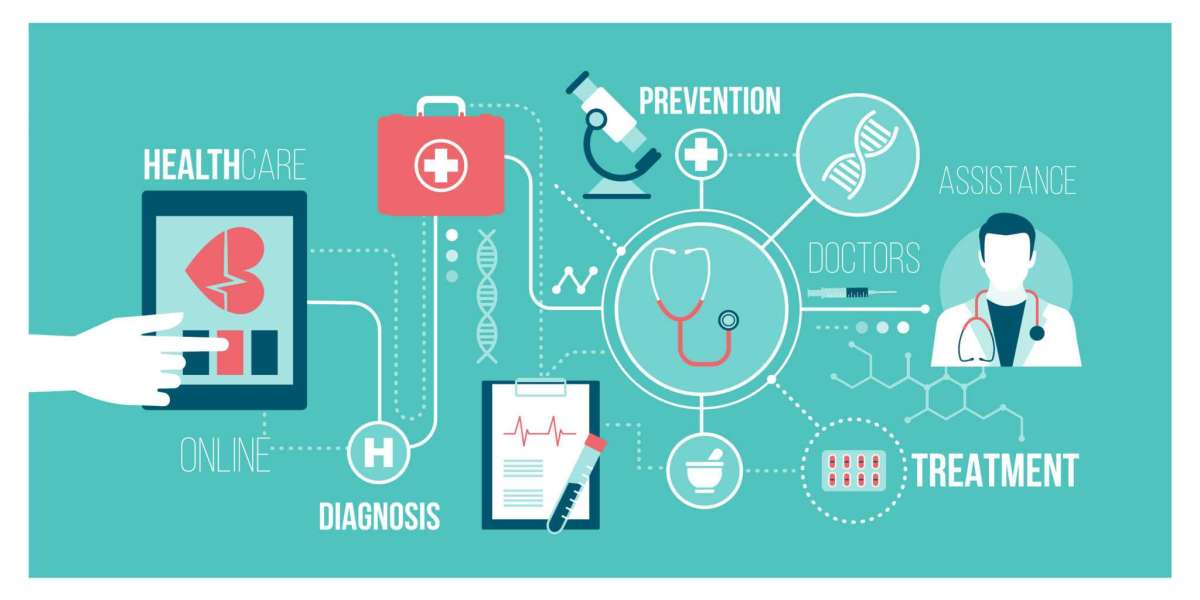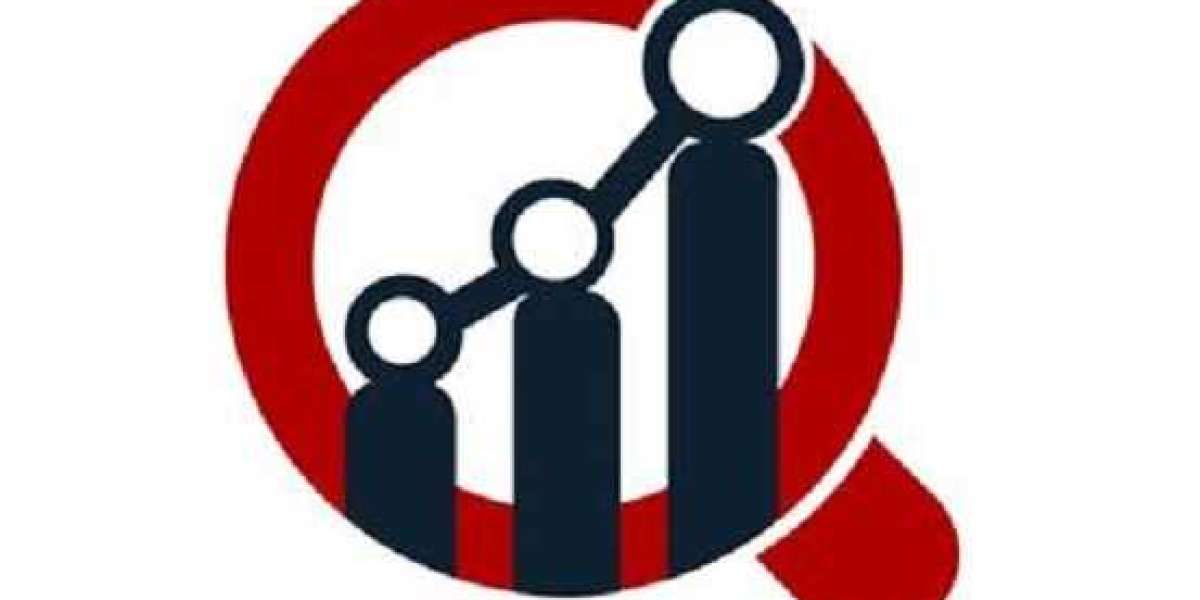Transforming Healthcare: The Power of Big Data
In the era of digital transformation, the healthcare industry has become a leading adopter of big data analytics. Big data in healthcare, characterized by its volume, velocity, and variety, is revolutionizing healthcare by offering unprecedented insights and capabilities. In this article, we will explore how big data is being used to support value-based care, enhance healthcare system resilience, inform decision-making, improve the patient experience, and address health disparities.
Supporting Value-Based Care
- Outcome Predictions: Big data analytics can predict patient outcomes, helping healthcare providers identify high-risk patients and intervene earlier, ultimately reducing costs and improving care quality.
- Population Health Management: Healthcare organizations can use big data to understand the health of their patient populations, allowing for proactive preventive care and targeted interventions.
Enhancing Healthcare System Resilience
- Predictive Resource Allocation: Big data helps healthcare systems predict surges in patient demand, facilitating the efficient allocation of resources, especially during crises like pandemics.
- Supply Chain Management: Analyzing data can optimize the supply chain for medical equipment, ensuring timely availability during emergencies.
Supporting Healthcare Decision-Making
- Clinical Decision Support: Big data provides healthcare professionals with evidence-based insights, aiding in diagnosis and treatment planning.
- Research and Drug Development: Big data accelerates drug discovery and clinical trials, reducing time and costs in bringing new treatments to market.
Improving the Patient Experience
- Personalized Medicine: By analyzing patient data, healthcare providers can tailor treatment plans to individual needs, enhancing patient satisfaction and outcomes.
- Telehealth and Remote Monitoring: Big data supports telehealth and remote patient monitoring, offering patients convenient, accessible, and high-quality care.
Addressing Health Disparities
- Identifying Disparities: Big data helps identify and analyze healthcare disparities by examining patient demographics, outcomes, and access to care.
- Targeted Interventions: Once disparities are identified, healthcare systems can implement targeted interventions and policies to address and reduce them.
Big data is a game-changer in healthcare, offering insights and solutions that were once unimaginable. It supports value-based care, enhances healthcare system resilience, informs decision-making, improves the patient experience, and plays a crucial role in addressing health disparities. As the healthcare industry continues to harness the potential of big data, we can expect even more transformative advancements, ultimately leading to better health outcomes and improved access to quality care for all.
#HealthcareInnovation #BigDataHealthcare #USHealthTech #EuropeanHealthcare #BigDataEurope #HealthTechEU #AsiaPacificHealthcare #BigDataAPAC #HealthTechAsia














